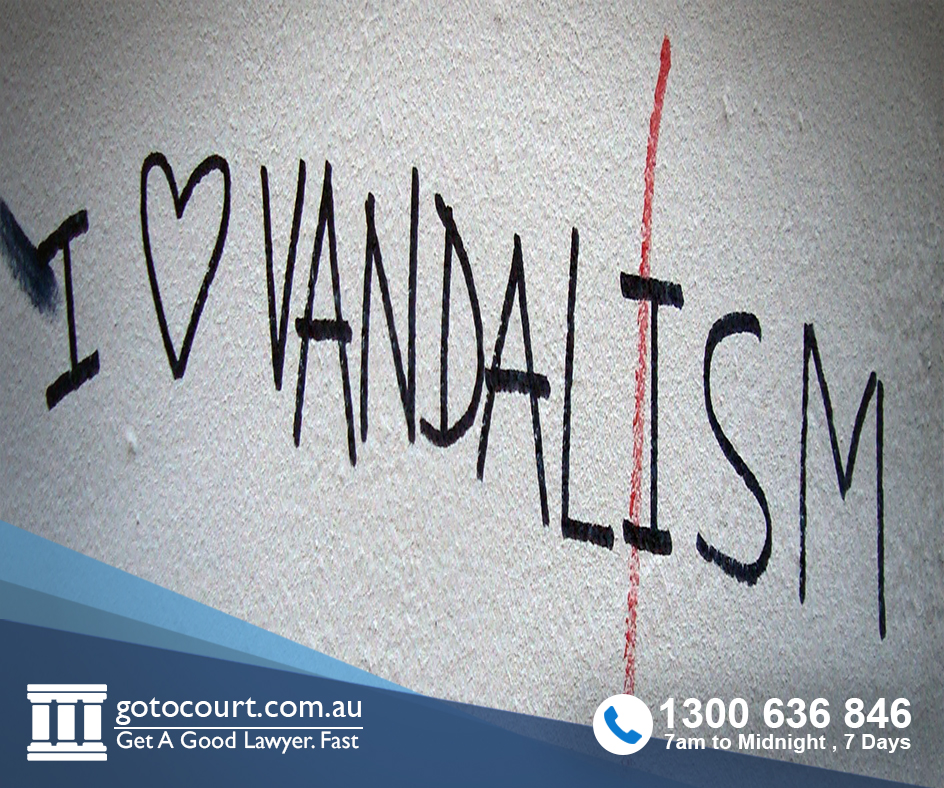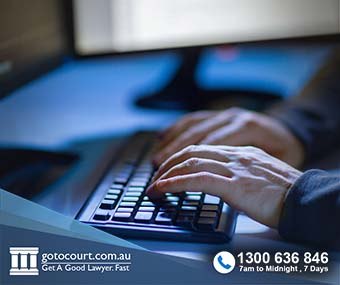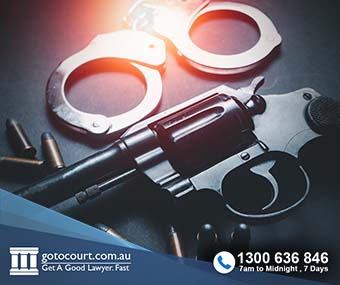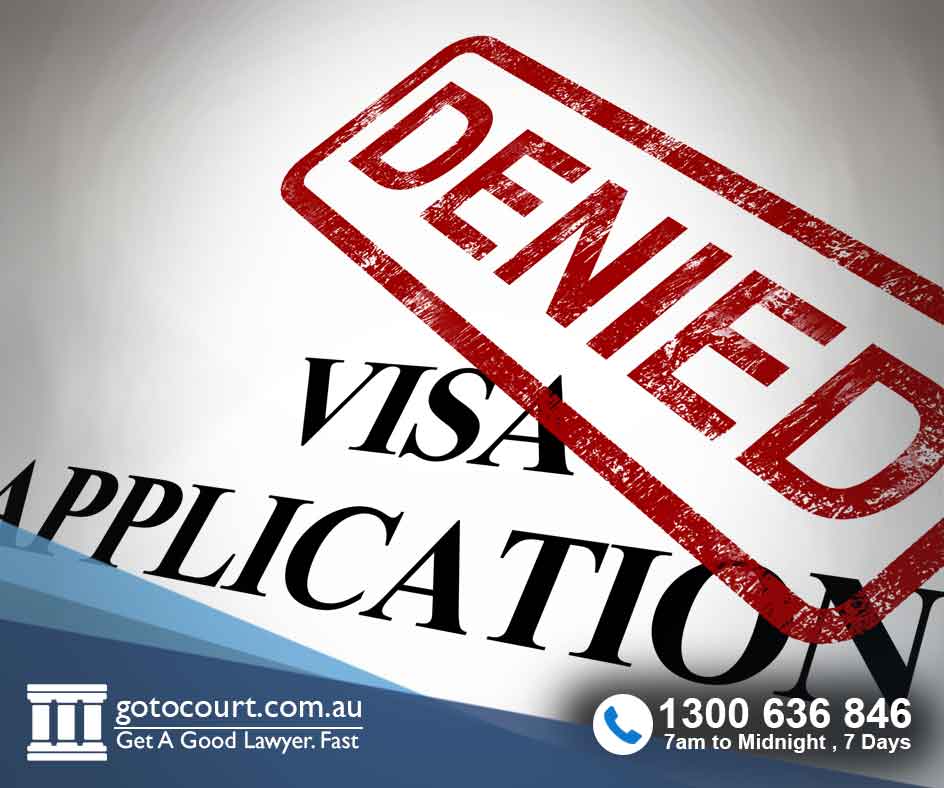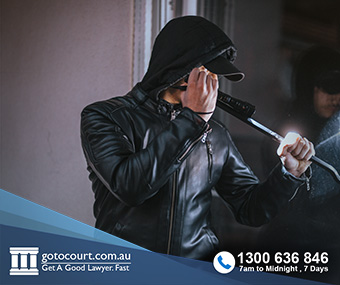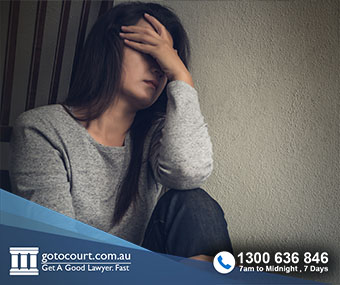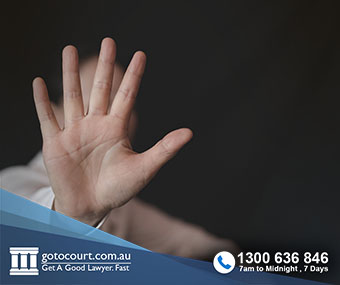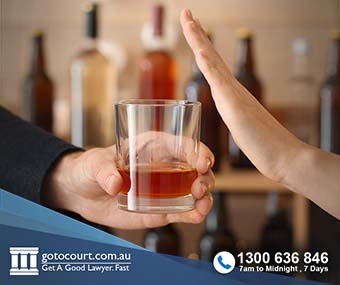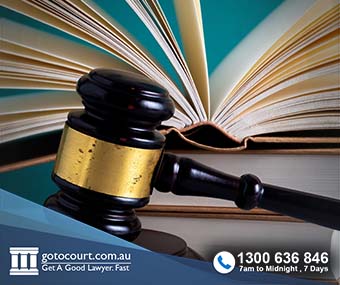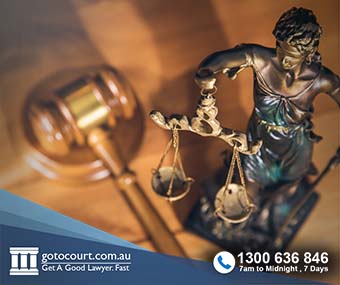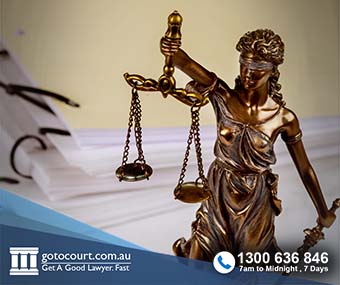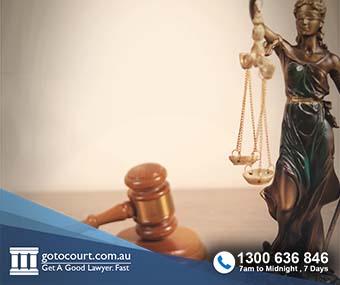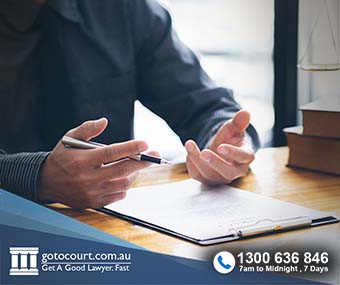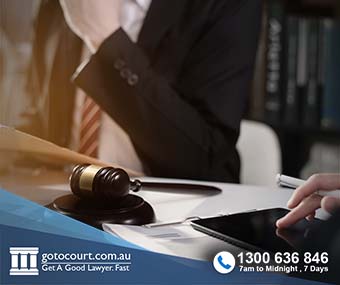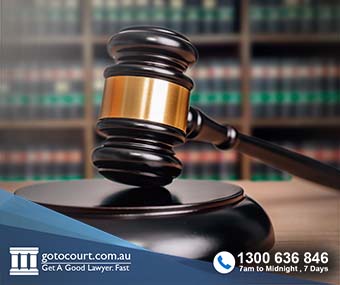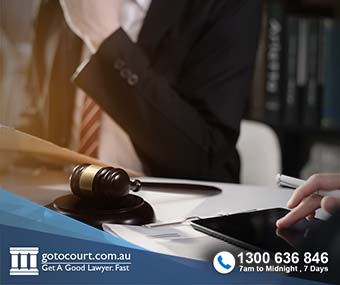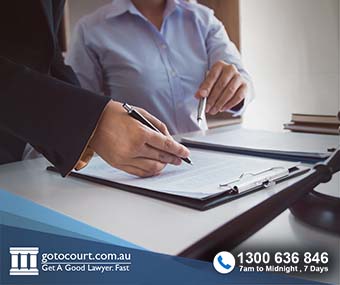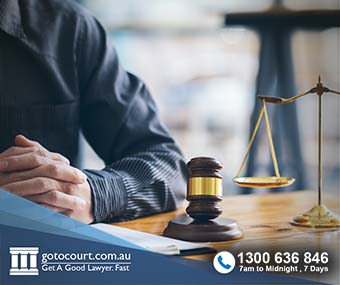Call our lawyers
now
or,
have our lawyers
call you
Fraud in NSW
Updated on Jan 04, 2023 • 4 min read • 731 views • Copy Link
Fraud in NSW
Since 2010, offences related to fraud in New South Wales have been consolidated under the Crimes Act 1900. There is one main fraud offence under section 192E of the Crimes Act that makes it a criminal offence for anyone to dishonestly:
- Acquire property which belongs to someone else;
- Obtain some kind of advantage financially; or
- Cause someone else any kind of financial disadvantage;
- by deceiving anyone else.
This is a broad, general offence that is designed to deal with many different types of fraudulent behaviour. The key aspects of fraud are deception and dishonesty. A person who commits fraud has essentially deceived somebody so as to dishonestly gain a benefit or cause a detriment. The terms deception and dishonest are both given particular legal meanings in NSW.
Meaning of deception
For fraud in NSW, deception is defined in section 192B of the Crimes Act 1900. Deception can be either something that you say or something that you do, and can be about either facts or law. There are specific examples of deception given in the Act, such as deceiving somebody about your intentions. Another example is causing a computer or machine to respond without the necessary authority to make it do so, such as accessing somebody else’s computer by entering their password without their consent. This would be considered a deception.
To commit fraud, the deception has to be either intended or even reckless. Recklessness essentially means that you were indifferent to the possibility that your conduct was deceptive. That is, you were aware that it might possibly be deceptive but decided to continue regardless.
Meaning of dishonesty
‘Dishonesty’ as it relates to fraud in NSW is defined in section 4B of the Crimes Act 1900. Dishonesty is a matter to be decided by the jury at trial. In deciding whether somebody has been dishonest the jury will apply the standards of ordinary people. It also needs to be shown that the accused person knew that their behaviour was dishonest.
Obtaining property by fraud in NSW
The most common type of fraud in NSW is where a person deceives another in order to dishonestly obtain property that does not belong to them. Property will be considered ‘obtained’ if you have taken control or possession of the property, or if you take ownership of the property for yourself. The offence of fraud will not, however, have been committed unless you also intended to keep the property within your control, possession or ownership permanently.
For example, dishonestly borrowing property that you intend to return is not considered to be fraud, at least until the point where you start to deal with the property as your own or dispose of the property.
Obtaining a financial advantage
Another common circumstance in which the general offence of fraud is committed is when a person deceives another in order to dishonestly obtain any financial advantage or to cause any financial disadvantage. An advantage or disadvantage may be either permanent or it might just be temporary, and includes obtaining a benefit or causing a detriment to somebody other than yourself.
Other offences of fraud in NSW
In addition to the general offence of fraud in NSW, there is a range of related dishonesty offences that can be charged in certain circumstances. For example, it is an offence to intentionally defraud by destroying or concealing accounting records under section 192F, or to intentionally defraud by making or publishing a false or misleading statement per section 192G. Each of these crimes carries a maximum penalty of five years imprisonment.
The Crimes Act 1900 also deals with a range of identity offences in Part 4AB, money laundering offences under Part 4AC, and offences involving cheating at gambling in Part 4AC.
Penalty
The maximum penalty for the general offence of fraud in NSW is imprisonment for 10 years.
Alternative verdicts
Fraud and larceny are closely related offences. Larceny is the crime of taking property (including money) that belongs to somebody else. If you are charged with fraud, then you may instead be found guilty of larceny (or any offence that includes larceny) as an alternative verdict, if the facts are more aligned to that offence. Similarly, if you are charged with larceny (or any offence that includes larceny) then you may be found guilty of fraud as an alternative verdict.
If you require legal advice or representation in any legal matter, please contact Go To Court Lawyers.


Affordable Lawyers
Our Go To Court Lawyers will assist you in all areas of law. We specialise in providing legal advice urgently – at the time when you need it most. If you need a lawyer right now, today, we can help you – no matter where you are in Australia.How It Works








1. You speak directly to a lawyer
When you call the Go To Court Legal Hotline, you will be connected directly to a lawyer, every time.


2. Get your legal situation assessed
We determine the best way forward in your legal matter, free of charge. If you want to go ahead and book a face-to-face appointment, we will connect you with a specialist in your local area.


3. We arrange everything as needed
If you want to go ahead and book a fact-to-face appointment, we will connect you with a specialist in your local area no matter where you are and even at very short notice.


